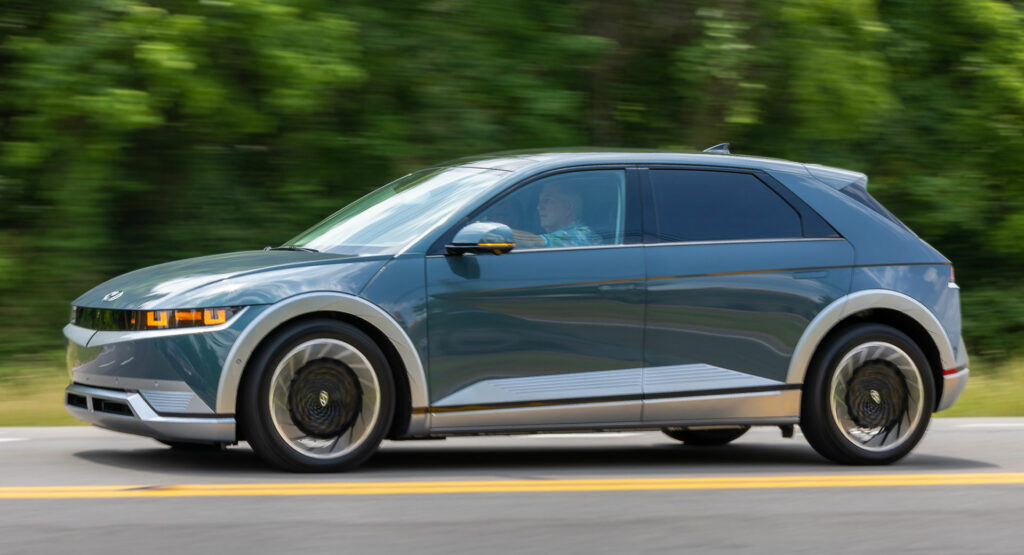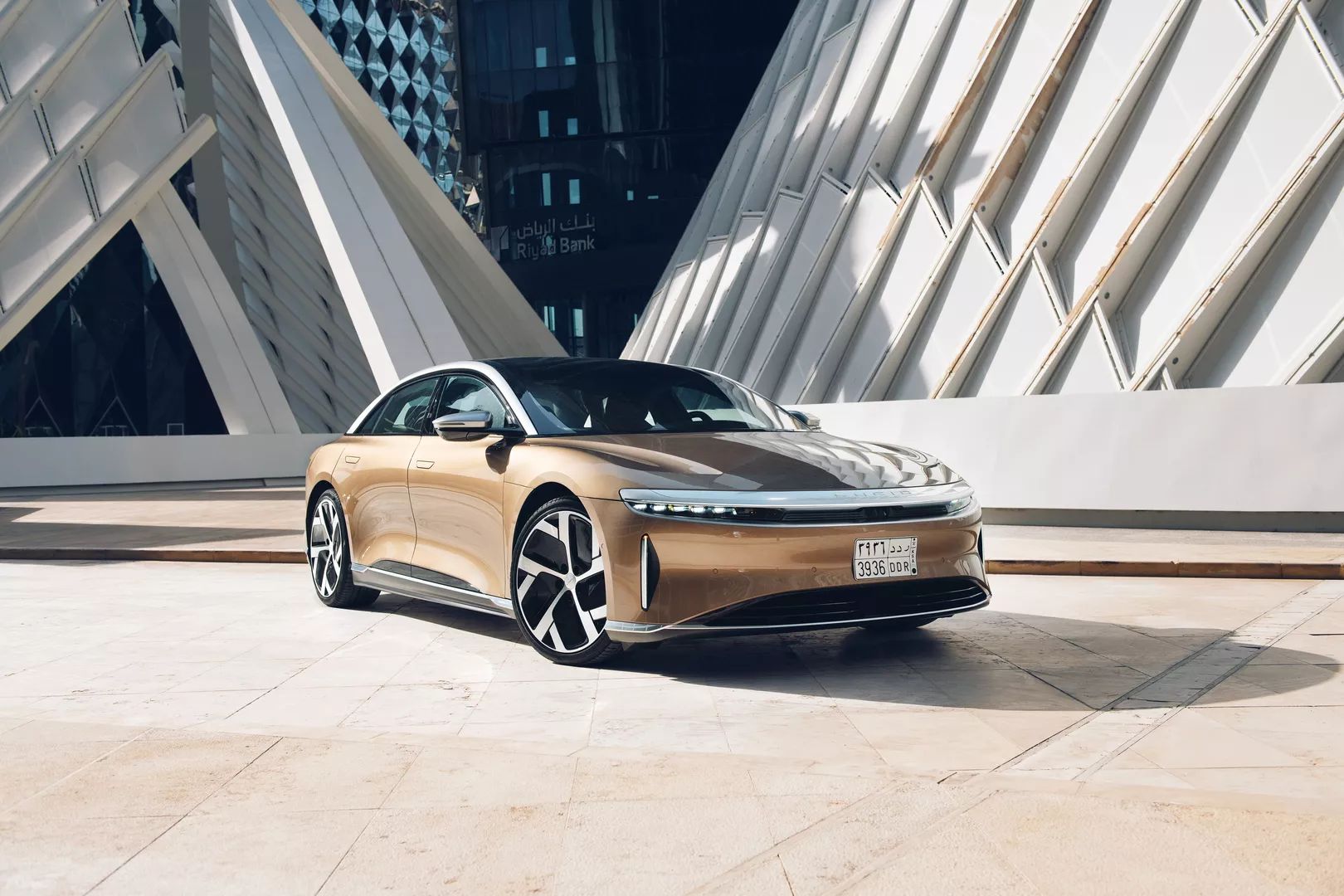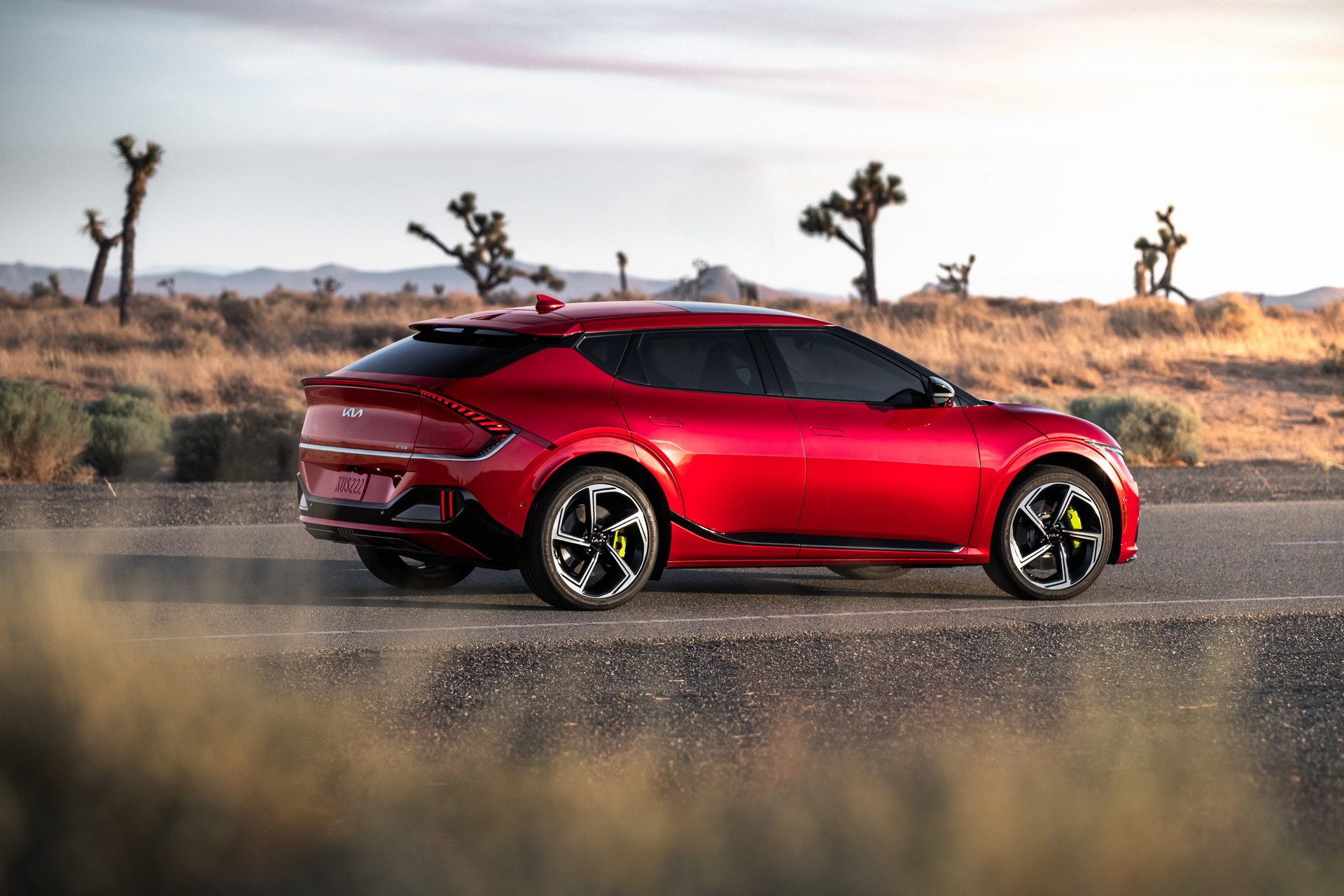The Inflation Reduction Act (IRA) brought with it a number of swift changes. Perhaps the most impactful is that it dramatically reduced the number of electric vehicles that qualify for a $7,500 federal tax credit. Now, a new bill that would reinstate eligibility for many left out is gaining traction in congress.
When the IRA passed it immediately made many vehicles that had been eligible for the tax credit ineligible because they didn’t meet new requirements to qualify. Those requirements include manufacturing the vehicle in North America and over time, requiring that the battery must from North America as well.
Those changes had some brands like Rivian and Lucid scrambling to get their customers locked into purchases, ensuring they qualify for tax credits. It also led to Hyundai speeding up its plan to build a new electric vehicle and battery manufacturing plant in Georgia. Now, this new bill, introduced by four members of congress would automatically make most EVs eligible for the credit once again.
Read: GM’s EVs Will Qualify For Full Tax Credit Within Three Years
Introduced on Friday of last week by representatives Sewell (AL), Cleaver (MO), Swalwell (CA), and Gomez (CA), it would push back the timeline on those requirements. Eligibility based on battery sources would be pushed back to 2025 while manufacturing would be pushed back until 2026. That would effectively allow almost all electric vehicles including those from Lucid, Hyundai, Kia, and Rivian to qualify for the federal tax credit again right away.
“Our legislation takes important steps to make the historic electric vehicle tax credits passed in the Inflation Reduction Act immediately accessible to consumers, particularly working- and middle-class Americans who would like to purchase an electric vehicle but need the federal credit to do so.
As oil companies insist on continuing their exorbitant price-gouging of families at the pump, these tax credits offer hardworking Americans immediate and significant financial assistance to help them purchase a vehicle that is better both for the environment and their wallets,” said Congressman Cleaver.
With elections only a day away there’s no way to know how or when this bill might get passed if at all. It would still need to pass both the senate and the house before going to the president’s desk.






